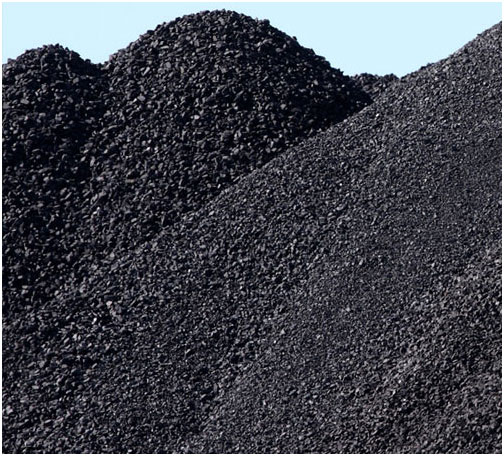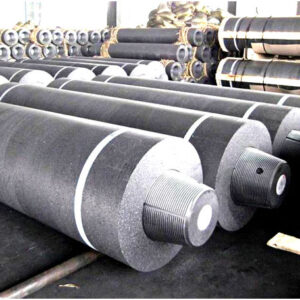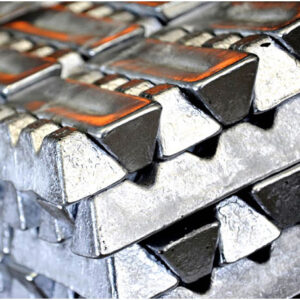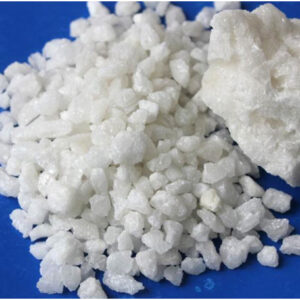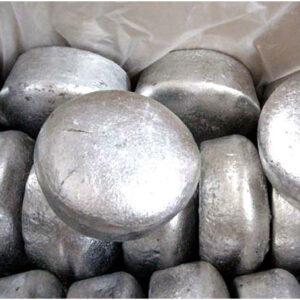Description
Calcined Petroleum Coke
Calcined Petroleum Coke (often abbreviated CPC) is a carbonaceous solid derived from oil refinery cooker units or other cracking processes. Other coke has traditionally been derived from coal.
Calcined Petroleum Coke is a critical ingredient in the production of aluminum. It is created by placing high quality raw “green” petroleum coke into rotary kilns, where it is heated to temperatures between 1200 to 1350 degrees C (2192 to 2460 F). The high temperatures remove excess moisture, extract all remaining hydrocarbons and modify the crystalline structure of the coke, resulting in a denser more electrically conductive product. In a matter of hours, calcined petroleum coke is cooled from 1350 degrees C to less than 200 degrees C, when it can be safely handled and transported to storage silos or placed directly into shipping containers, trucks, railcars, barges or vessels. Calcined petroleum coke has a sponge-like structure which plays an important role in the making of anodes.
The pores allow binding material to penetrate through the coke particles and form a solid carbon block, through which aluminum smelters conduct electricity into their smelting pots. Over time, the anodes are consumed, roughly at the rate of 40 tons of calcined petroleum coke for each 100 tons of aluminum produced. Currently, there is no known commercially viable substitute for calcined petroleum coke in the fabrication and utilization of aluminum smelter anodes.


